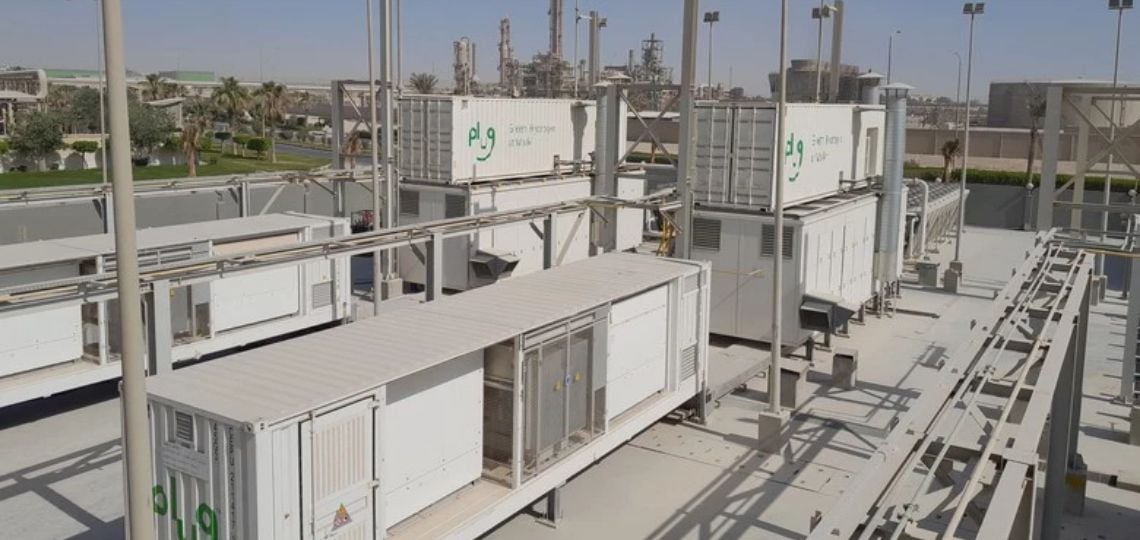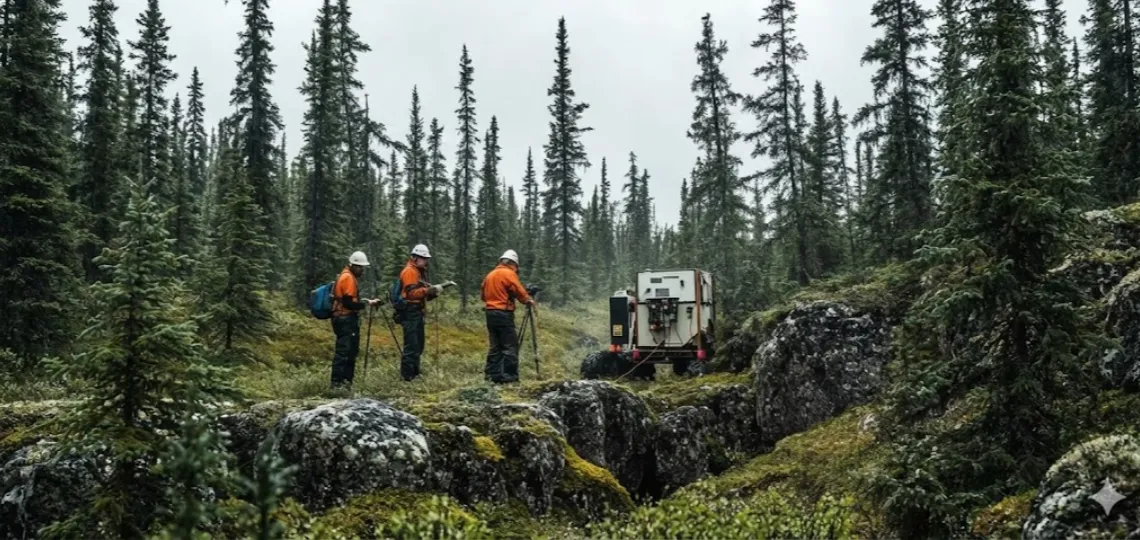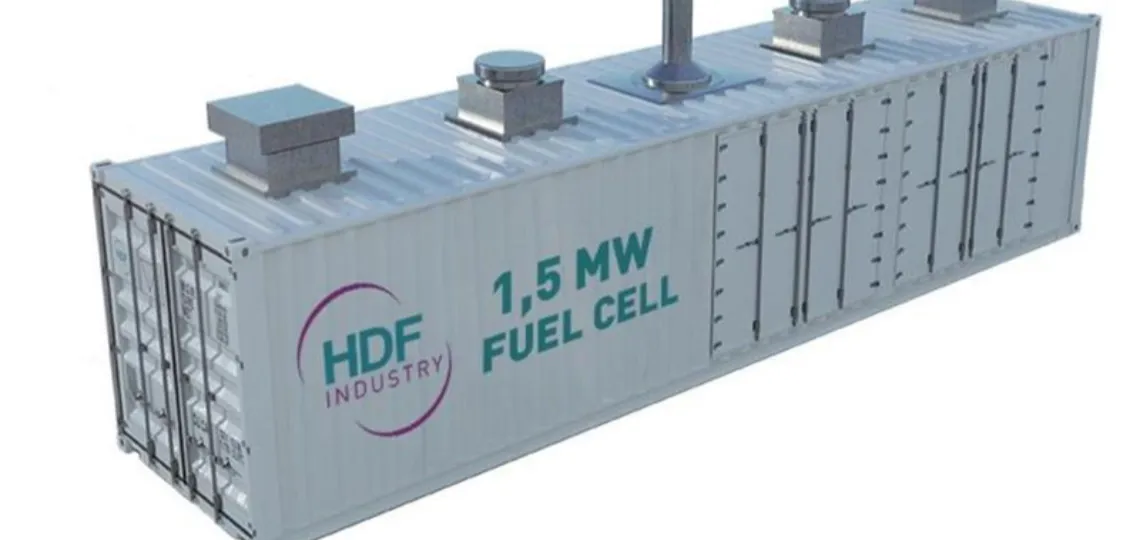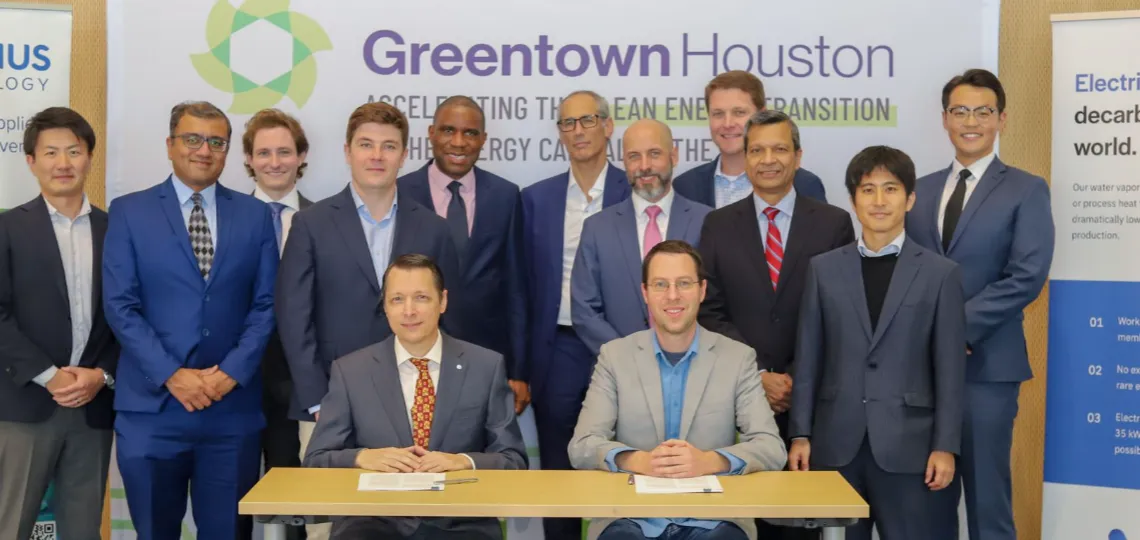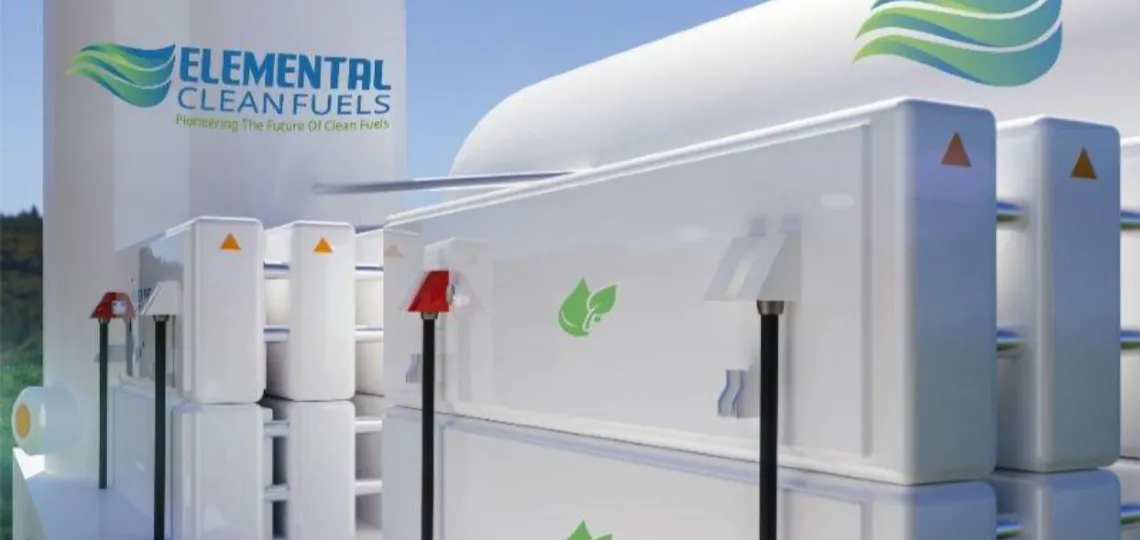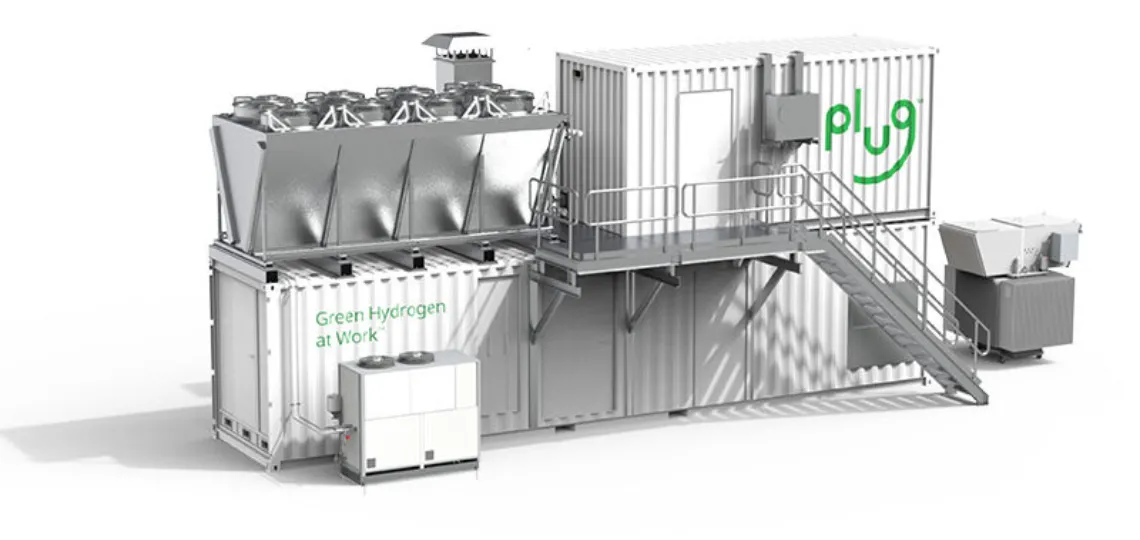GRTgaz has declared 2022 to be a turning point in the hydrogen field. This year, GRTgaz has been called upon as never before to build infrastructures dedicated to hydrogen.
« The intersection of two new dynamics »
Thierry Trouvé, CEO of GRTgaz, said that the company is at the crossroads of two new dynamics. On the one hand, some manufacturers are seeking to supply themselves with hydrogen to reduce their fossil gas consumption and their greenhouse gas emissions. On the other hand, there is an ongoing project to develop a European interconnected network for the transport of hydrogen.
Decarbonization objectives in sight
The industrialists co-finance the studies that GRTgaz carries out to build an infrastructure dedicated to hydrogen. Five major French industrial basins, namely Dunkirk, Valenciennes, Nancy, Mulhouse and Fos-Marseille, are involved in this project. Manufacturers are looking to use hydrogen to decarbonize their processes because there is no other way to do it.
Increased volumes of renewable hydrogen expected by 2050
The interconnection of parts of Europe is being prepared, and France will be supplied with a dedicated hydrogen infrastructure. This includes a project for a large hydrogen highway linking Barcelona to Marseille and Germany.
Network operators GRDF, GRTgaz, Terega and SPEGNN expect an increase in the consumption of renewable and low-carbon hydrogen in France. This consumption will be stimulated by the use of hydrogen to drive heavy trucks, buses, for maritime or air transport, and for industrial uses such as steel manufacturing.
Their scenario foresees a first stage of about 27 TWh of consumed volumes in 2030, followed by 100 to 163 TWh by 2050. GRTgaz therefore has a key role to play in the development of hydrogen infrastructure, which will be vital to achieving France’s and Europe’s decarbonization objectives.





